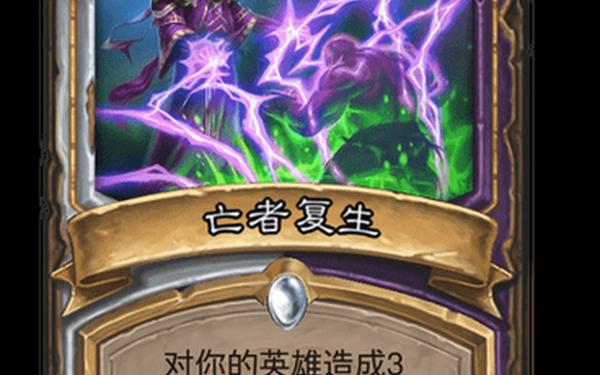
亡者复生_亡者复苏
77游戏社盒子平台开启你的次世代游戏之旅。77游戏社助手乐园专为国内外单机游戏、手游玩家、网络游戏爱好者打造的推荐高品质手游的分享社区。我们提供各类游戏最新的资讯动态。在这里,超过50,000款精品游戏任你畅玩——从独立制作的匠心之作到亡者复生_亡者复苏3A级手游大作,我们为你搭建了最丰富的数字游乐场。1亿玩家的共同选择,累计30亿次的热血下载,每一个数字背后都是玩家们用指尖投票的信任。3500万条真实玩家评价构筑起最透明的游戏推荐体系,50万篇深度攻略与测评为你扫清冒险路上的每一个障碍。我们不只是平台,更是10万开发者与亿万玩家相遇的创意集市——每天都有令人惊艳的新作品在这里诞生。立即加入77游戏社折扣平台,与全球玩家一起: 🎮 发现尚未被大众瞩目的宝藏游戏 💡 与开发者直接对话,参与游戏进化 🏆 在专属社区分享你的高光时刻。
The phrases "亡者复生" (wángzhě fùshēng) and "亡者复苏" (wángzhě fùsū) both mean "the dead return to life" or "resurrection of the dead" in Chinese. They are very similar and often used interchangeably, but theres a subtle nuance:
1. 亡者复生 (wángzhě fùshēng):
复生 (fùshēng) literally means "to return to life" or "to revive.
This phrase strongly emphasizes the physical restoration of life to the deceased. It carries a sense of coming back from the state of death.
Its commonly used in contexts like:
Fantasy, mythology, legends (e.g., zombies, vampires, magical resurrection).
Religious concepts of resurrection.
Figuratively for something thought lost or dead making a comeback.
2. 亡者复苏 (wángzhě fùsū):
复苏 (fùsū) literally means "to revive," "to resuscitate," "to recover," or "to come around." It implies regaining consciousness or vitality.
This phrase often carries a nuance of revival after a state of unconsciousness, dormancy, or near-death, rather than strictly returning from confirmed, final death. It can feel slightly more "medical" or "process-oriented" than 复生.
Its commonly used in contexts like:
Medical resuscitation (e.g., bringing someone back from cardiac arrest).
Economic or natural recovery ("economic复苏").
Figuratively for the revival of traditions, arts, or movements.
Fantasy contexts as well, sometimes implying a more gradual or awakening-like return.
Key Differences & Similarities:
Core Meaning: Both fundamentally mean the dead coming back to life.
Nuance:
复生 (fùshēng) leans slightly more towards definitive resurrection from death itself.
复苏 (fùsū) leans slightly more towards revival or resurgence from a death-like state (which could include actual death).
Usage: In modern usage, especially in fantasy, gaming, or internet culture, they are frequently used synonymously for dramatic effect ("the dead rise!"). The choice often depends on personal preference, rhythmic flow, or specific context.
"亡者复生" might feel slightly more classic or literary for pure resurrection.
"亡者复苏" might feel slightly more dynamic or imply a process of awakening.
Which translation fits?
Resurrection of the Dead / The Dead Return to Life: Fits both perfectly and is the most common and accurate translation.
Revival of the Dead / The Dead Revive: Also fits both, capturing the core meaning.
The Dead Awaken: Fits "亡者复苏" particularly well due to the "苏" character implying waking up/coming to.
Necromancy / Raising the Dead: Implies a magical act of causing resurrection, which these phrases describe the result of.
In summary:
If you encounter this in a game, movie, book, or online discussion (especially fantasy/horror), both almost certainly mean "Resurrection of the Dead" or "The Dead Rise/Raised".

The subtle nuance (`复生` = definitive return from death; `复苏` = revival/awakening from death-like state) exists but is often blurred in common usage.
"亡者复生" is the slightly more standard term for pure resurrection.
"亡者复苏" is also extremely common and carries a slight nuance of awakening or resurgence.




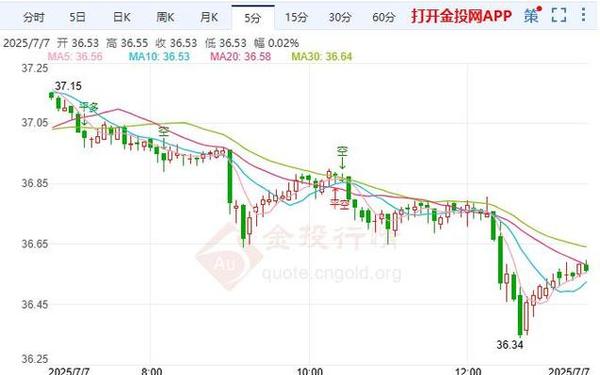





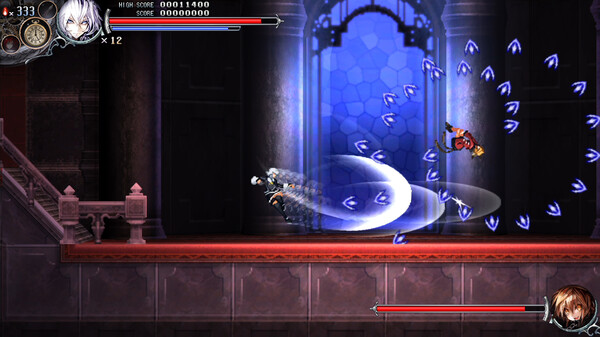


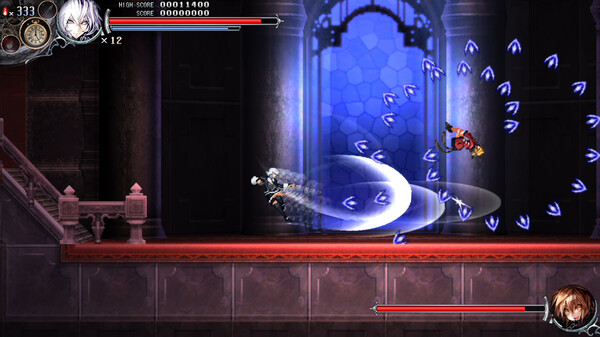
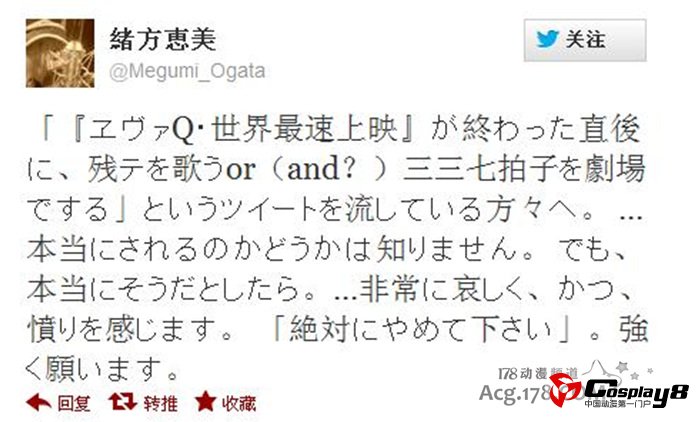
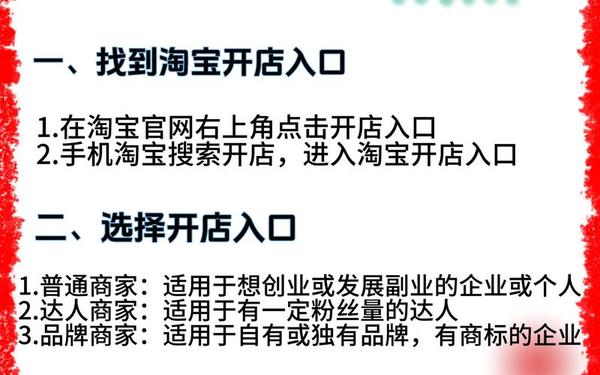



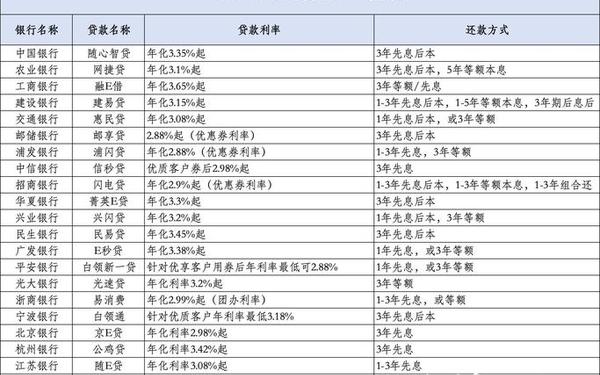


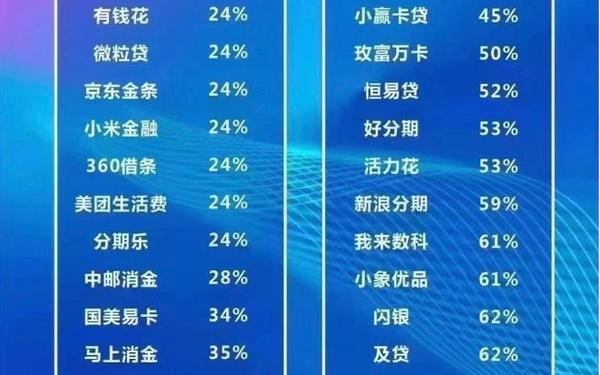


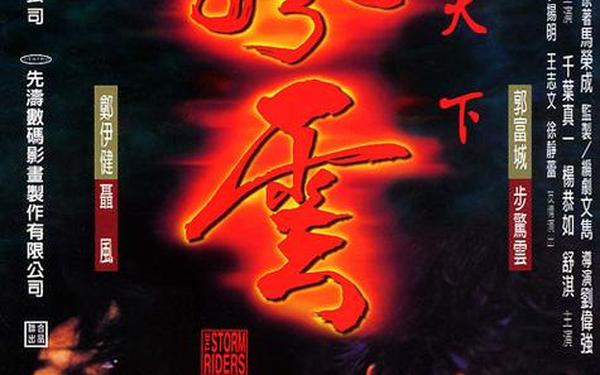








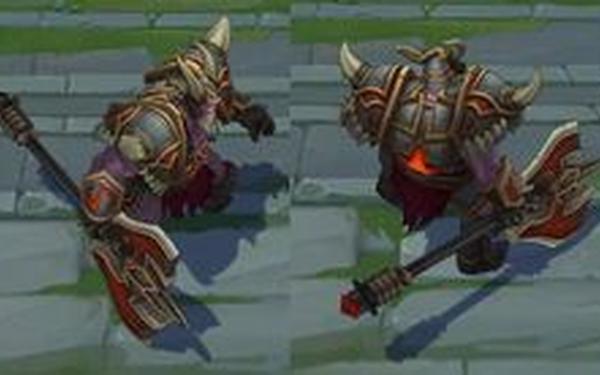
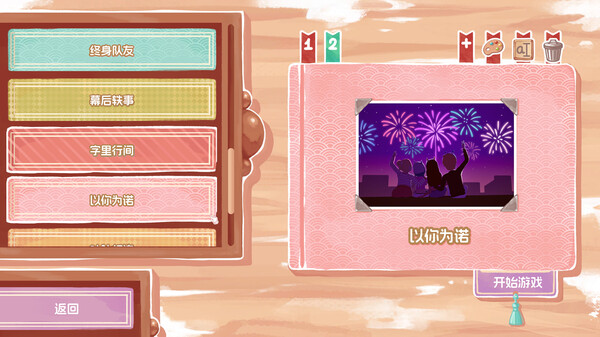



发表评论